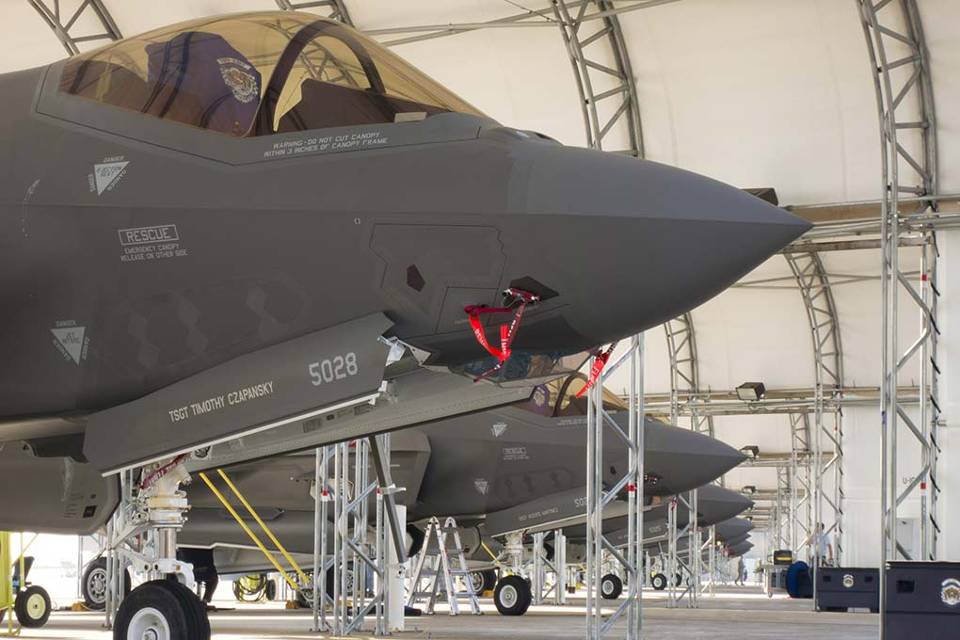Defense Europe, gradual progress
(B2) The informal meeting of Defense Ministers, in Deauville on 1 and 2 October, was an opportunity for EU Member States to indicate their participation in certain useful projects for European defence, in order to strengthen its resources (as I wrote in an article published in Europolitique at the end of September). The French Defense Minister, Hervé Morin, who chaired the meeting, welcomed it. " We have advanced, it is not negligible at all ". Despite weaker than expected results, he denied any denial of French priorities. "Everything we asked for is on the way," he assured. " We were even able to develop new programs ».
Hervé Morin drew up an initial inventory of the contributions already effective or announced (on this informal meeting, read also a short mood analysis).
Modernization of helicopters
“All Member States have recognized the need to modernize existing helicopter fleets,” explained the French Defense Minister. “France has recently trained Czech pilots, Germany is training European pilots (Swedish, Spanish and Polish in particular)”. The "trust fund" set up at Shape (NATO) collected contributions from the UK (7,3 million euros), France (5 million), Denmark (2 million), Luxembourg (500.000 euros), and Finland (500 euros). , amount which will be doubled according to Helsinki). Lithuania could participate.
European Strategic Transport Fleet (EATF)
Several countries (Hungary, Bulgaria, Italy, Germany, Sweden, Romania, Spain and Portugal) "have come out in favor of this project" based on the future A400M, either through the sale of flight hours or by creation of a multinational unit.
European naval cooperation
This project meets with “broad support” around the four EU Member States holding an aircraft carrier or an aircraft carrier (France, Great Britain, Italy and Spain). Other States which have complementary vessels (frigates, submarines, supply ships or planes) could take part. This is the case of Germany which “announced during the meeting that it would contribute”. It is not immediately a question of moving on to the operational phase where a European force would be permanently constituted. But rather to have “exercises, training in common, then to improve the operationality and finally the coordination of the means. (…) Having resources from other countries that accompany the aircraft carrier would be a strong symbol in European matters” pointed out Hervé Morin. The UK is more skeptical.
Maritime mine clearance
Germany, Belgium, the Netherlands, Finland and Italy support this project which aims to demine the seas which conceal numerous unexploded bombs in their depths, notably from the last world war. The Baltic Sea and the North Sea are particularly affected.
Space observation
“In the event of a crisis, space intelligence is essential to be able to react quickly to the reality of the situation. Recent military operations have proven that our intelligence capabilities, in particular space intelligence, are insufficient,” underlined Hervé Morin. Two initiatives have therefore been confirmed. One aims to increase the military information sources of the EU satellite center in Torrejon (Spain) with the transfer of images from the Helios (French), SAR Lupe (German) and Cosmo-Skymed (Italian) systems. . The other tends to develop the space capacity of the Member States, around the new generation Musis project, MUSIS. A project that already involves France, Germany, Italy, Belgium, Greece and Spain. Poland has announced that it wants to participate. The study of the “ground segment” of the project would be carried out by the European Defense Agency (EDA). A letter of intent must confirm this "before the end of the presidency"
OCCAR-EDA merger
In order to avoid duplication, a cooperation agreement should be concluded on 10 November next between the European Defense Agency (EDA/EDA) and the Organization for Joint Armament Cooperation (OCCAR).
Technology and research
In addition to the directives under discussion at Community level (public defense contracts and arms transfer within the EU), other avenues are being studied to strengthen this defense industrial and technological base (BITD): a European information security system, European control of foreign investments, increased use of common standards. “The formation of European defense groups is essential to allow the independence of the European Union and to ensure that the latter can assume its own security,” explained Hervé Morin. And he added, “ certain European States must accept to produce certain parts of armament, and not others. Everyone must agree to no longer produce certain abilities, to lose certain skills. (...) We can't keep all our design offices, it's an old French reflex ". A message intended primarily internally but which can also be addressed to other major countries: United Kingdom, Germany, Italy in particular.
(Nicolas Gros-Verheyde)
article published in Europolitics
